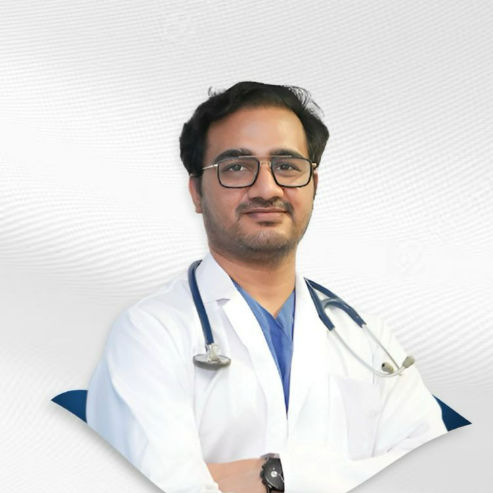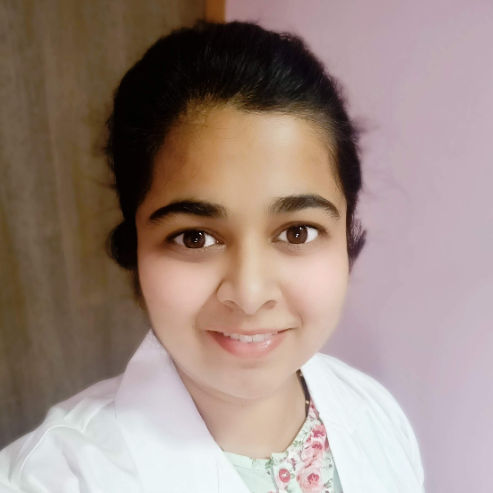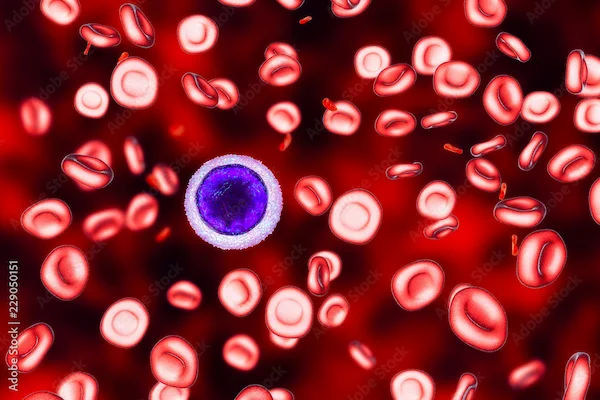Broken Heart Syndrome Overview and Management
Discover what Broken Heart Syndrome is, its emotional and physical triggers, symptoms, and management strategies. Learn how this stress-induced heart condition can be effectively treated with timely care.

Written by Dr. Vasanthasree Nair
Reviewed by Dr. Shaik Abdul Kalam MD (Physician)
Last updated on 22nd Aug, 2025

Broken Heart Syndrome, also known as Takotsubo Cardiomyopathy or Stress Cardiomyopathy, is a temporary heart condition often triggered by extreme emotional or physical stress. Despite its name, it doesn’t involve actual heartbreak but mimics symptoms similar to a heart attack.
The condition causes a sudden weakening of the heart muscles, leading to chest pain and shortness of breath. The good news? Unlike a heart attack, it’s usually reversible with proper care and rarely causes permanent damage.
Symptoms: How to Recognize It
Broken Heart Syndrome can feel like a heart attack, with symptoms such as:
Chest pain (sharp or squeezing sensation)
Shortness of breath
Irregular heartbeat
Low blood pressure
Fatigue or dizziness
These symptoms usually appear suddenly after intense emotional stress such as the loss of a loved one, a breakup, or severe anxiety or physical stress like surgery or extreme exertion.
Consult a Top Cardiologist
What Causes Broken Heart Syndrome?
While the exact cause isn’t fully understood, experts believe a sudden surge of stress hormones (like adrenaline) temporarily stuns the heart, affecting its ability to pump blood effectively.
Common Triggers Include:
Emotional stress (grief, fear, shock, extreme anger)
Physical stress (severe pain, asthma attacks, surgery)
Medical conditions (stroke, seizures, severe infections)
Who Is at Risk?
Broken Heart Syndrome is more common in:
Women (especially postmenopausal women)
People with a history of anxiety or depression
Those who have experienced extreme stress or trauma
Unlike heart attacks, which are often linked to blocked arteries, this condition can occur even in people with healthy hearts.
Diagnosis: How Is It Detected?
Since symptoms resemble a heart attack, doctors may perform tests like:
Electrocardiogram (ECG) – Checks heart rhythm.
Echocardiogram – Uses ultrasound to see heart function.
Blood tests – Measures cardiac enzymes (though levels may differ from a heart attack).
Cardiac MRI – Provides detailed images of the heart.
If you experience sudden chest pain or difficulty breathing, seek immediate medical help to rule out a heart attack.
Treatment and Recovery
The good news? Most people recover within weeks to months with proper care. Treatment focuses on managing symptoms and preventing complications.
Medical Treatments May Include:
Beta-blockers or ACE inhibitors – Help reduce stress on the heart.
Diuretics – If fluid buildup occurs.
Aspirin or blood thinners – In some cases, to prevent clots.
Lifestyle and Stress Management Tips
Since stress is a major trigger, managing emotional well-being is key:
1. Practice Relaxation Techniques – Deep breathing, meditation, or yoga can help lower stress.
2. Stay Physically Active – Light exercise (as advised by your doctor) supports heart health.
3. Seek Emotional Support – Talking to friends, family, or a therapist can ease emotional burdens.
4. Maintain a Balanced Diet – Focus on heart-healthy foods like fruits, vegetables, whole grains, and lean proteins.
5. Avoid Excessive Caffeine & Alcohol – These can worsen stress and heart strain.
When to See a Doctor?
If you experience:
Sudden chest pain
Severe shortness of breath
Fainting spells
Don’t ignore these signs, seek emergency care immediately.
For ongoing heart health concerns, consider consulting a cardiologist. You can easily book an appointment or a heart health check-up through Apollo 24|7 for expert guidance.
Conclusion
Broken Heart Syndrome is a real but temporary condition that highlights how deeply emotions can affect our physical health. While it can be scary, most people recover fully with timely care and lifestyle adjustments.
Consult a Top Cardiologist
Consult a Top Cardiologist

Dr. Zulkarnain
General Physician
2 Years • MBBS, PGDM, FFM
Bengaluru
PRESTIGE SHANTHINIKETAN - SOCIETY CLINIC, Bengaluru

Dr. Tripti Deb
Cardiologist
40 Years • MBBS, MD, DM, FACC, FESC
Hyderabad
Apollo Hospitals Jubilee Hills, Hyderabad

Dr. Anand Ravi
General Physician
2 Years • MBBS
Bengaluru
PRESTIGE SHANTHINIKETAN - SOCIETY CLINIC, Bengaluru

Dr. Janjirala Seshivardhan
Cardiologist
7 Years • MBBS,DNB(GM),DM(Cardiology)
Manikonda Jagir
Apollo Clinic, Manikonda, Manikonda Jagir

Dr Nazneen Khan
Cardiologist
7 Years • M.B.B.S, M.D (MEDICINE), DrNB CARDIOLOGY
Pune
Apollo Clinic, Viman Nagar, Pune

.webp)

.webp)
